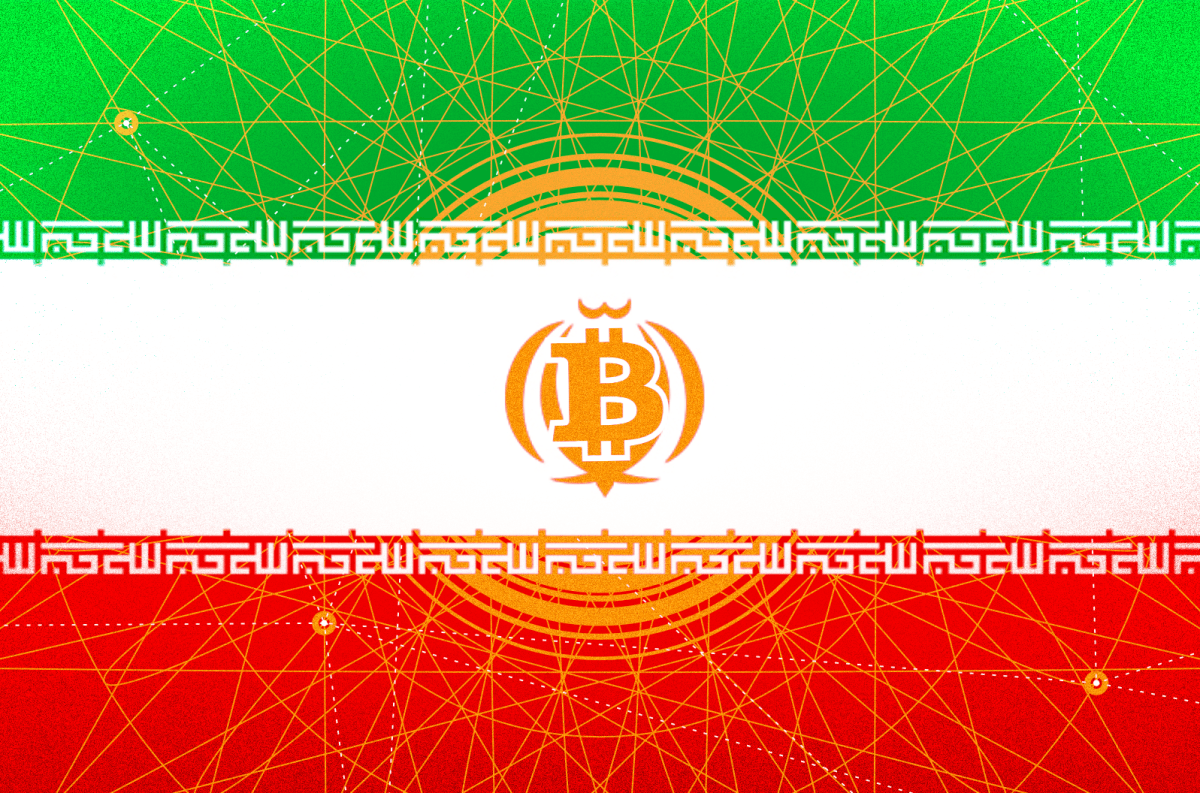Iran reportedly passed a law enabling the use of bitcoin as payment for imports and establishing a framework for the asset class, including mining regulations.
- Iran has passed legislation establishing a legal framework for bitcoin and other cryptocurrencies.
- Under the new law, cryptocurrency can be used as payment for imports to the country by government and local businesses.
- The law also addresses fuel supply and electrical consumption for bitcoin mining.
Iran passed an act which enables the use of Bitcoin and cryptocurrency payments for imports through a comprehensive legal framework, per a report from local news outlet Tasnim.
According to the report, Iranian Minister of Industry, Mine and Trade Reza Fatemi Amin revealed that the recently passed law defines regulations on cryptocurrencies, addresses supply concerns for fuel and electricity costs for mining and provides authorization for the administration to use cryptocurrencies.
Minister Fatemi Amin reportedly reiterated the authorization was an agreement between the Ministry of Industry and the Central Bank –– arguably suggesting a multi-departmental consensus on the viability of bitcoin as a means for international payments.
Additionally, Fatemi Amin also noted that local businesses will be able to import vehicles by using bitcoin, instead of the U.S. dollar or the euro. Tasnim highlighted the move comes on the heels of an August 9 announcement by the head of Iran’s Trade Promotion Organization (TPO) saying the country registered its first import order processed with cryptocurrency. The order was reportedly valued over $10 million.
Harkening back to May of last year, Iran previously banned the mining of bitcoin citing power grid concerns. Additionally, the Irananian central bank also banned the trading of cryptocurrencies mined outside of the country in the same month. The mining ban was later lifted in October just to be reimposed by December of the same year, once again citing power grid concerns.
Therefore, one could argue that Iran is taking this step towards comprehensive reform to take a firm and more long-standing stance on bitcoin and other cryptocurrencies.














